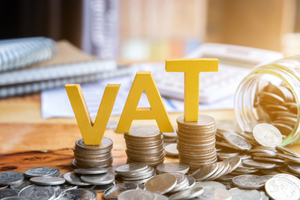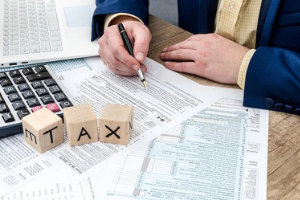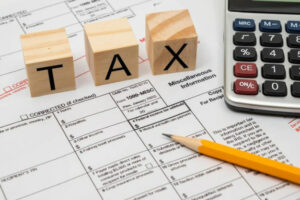CUSTOMS DUTIES
IN DUBAI, ABU
DHABI & THE UAE
Our Customs Duties service in Dubai, Abu Dhabi and the UAE is part of our tax consultancy services in Dubai, Abu Dhabi and the UAE.
Custom Duty is a tariff or a tax paid to the government imposed on good transported, imported or exported, across international borders. In general, the purpose of the custom duty is to protect the country’s economy, support local merchandise, provide form of protection to the country’s jobs, and control the transport of restricted and prohibited products by regulating the flow of goods into and outside the country.
The custom duty is either specific or on ad valorem basis, it is a rate or a percentile determined by the total value of the goods paid for in another country; its value is not based on factors such as quality, size or weight of the good.
In general, each country imposes its own type of custom duties, and these are:
- Basic Customs Duty (BCD).
- Countervailing Duty (CVD).
- Additional Customs Duty or Special CVD.
- Protective Duty.
- Anti-dumping Duty.
CUSTOMS DUTIES FAQs
To import goods into the UAE, businesses must submit several key documents, including a customs declaration form, commercial invoice, certificate of origin, and any necessary permits or certificates for restricted items. The specific documentation requirements can vary based on the nature of the goods and the regulations in place. For tailored advice on the required documentation and to ensure compliance with UAE customs regulations, contact us at [email protected].
Businesses can track their customs duty payments through the customs authority’s online portal, which provides real-time updates and records of transactions. Additionally, working with a customs broker can help streamline the process. For detailed assistance with tracking your payments or resolving any discrepancies, please reach out to us at [email protected] for expert guidance.
When re-exporting goods from the UAE, businesses need to provide documentation such as export declarations, exit certificates, and other relevant proofs to qualify for refunds or duty drawbacks on the re-exported goods. The process ensures that the customs duties previously paid are refunded if the goods are returned or re-exported. For detailed help with the re-exporting process and to ensure compliance with all requirements, contact [email protected].
If customs duties are not paid on time, businesses may face fines, penalties, and potential delays in clearing goods. It’s important to address any late payments as soon as possible by contacting the customs authority and settling the overdue amounts. For assistance with managing late payments and avoiding additional penalties, get in touch with us at [email protected].
Customs duties are generally set by regulations, but businesses may be able to explore trade agreements or exemptions that could reduce duties for bulk imports. It’s advisable to review any applicable trade agreements and consult with a customs expert to identify potential opportunities for duty reductions. For personalized advice on negotiating or reducing customs duties, contact [email protected].
Importing prohibited goods into the UAE can result in severe penalties, including fines, confiscation of the goods, and possible legal action. The specific penalties depend on the nature of the prohibited items and the circumstances of the violation. To avoid these penalties and ensure compliance, consult with us at [email protected] for expert advice and assistance.
Free trade agreements (FTAs) can significantly impact customs duties by reducing or eliminating duties on certain goods imported from partner countries. These agreements are designed to promote trade by making it more cost-effective. To understand how specific FTAs affect your business and to explore any potential benefits, please contact us at [email protected] for a comprehensive review.
Obtaining a customs warehouse license involves submitting an application to the customs authority, providing necessary documents, and paying a cash or bank guarantee. The license allows businesses to store goods without immediate payment of customs duties. The process also requires compliance with various regulations and documentation requirements. For detailed guidance on obtaining a customs warehouse license, contact us at [email protected].
Customs duties on electronic goods in the UAE are generally calculated based on the Cost, Insurance, and Freight (CIF) value of the goods. Specific rates may apply depending on the product category and any relevant trade agreements. For accurate information on customs duties for electronic goods and to ensure compliance, reach out to us at [email protected].
If businesses suspect an error in their customs duty assessment, they should contact the customs authority to request a review of the assessment. Providing supporting documentation and evidence can help resolve any discrepancies. For assistance with correcting errors and ensuring accurate duty assessments, contact us at [email protected] for expert support.













